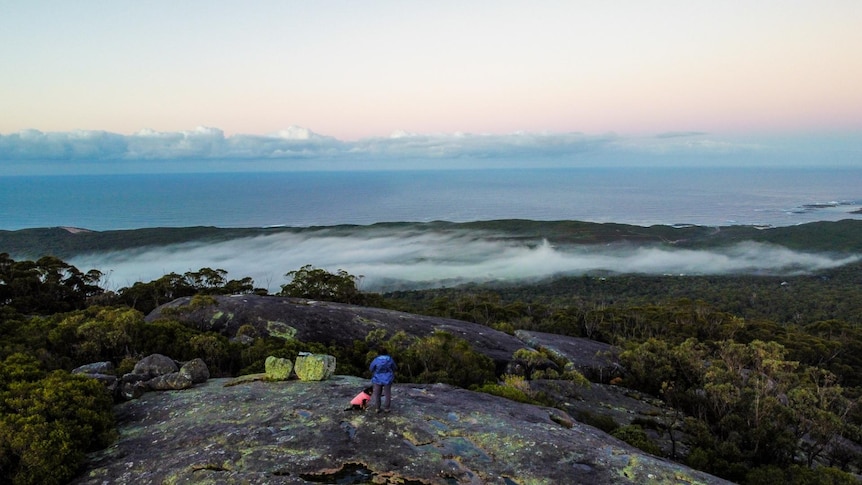The family of Canberra woman Brontë Haskins has asked the ACT coroner to make adverse findings about several people involved in her case before and after her suicide in 2020.
Key points:
- Brontë Haskins, 23, took her own life in 2020 after suffering from substance abuse and mental illness
- Her mother has called for the ACT coroner to find several people failed her before her death
- The lawyer for Ms Haskins’s family says if she was triaged correctly she would have been assessed by a trained mental-health clinician
Ms Haskins, 23, died in hospital after several days on life support.
Her death came while she was on bail after a stint in jail for drug driving.
Ms Haskins had suffered both substance abuse and mental illness, something her mother said was not taken seriously enough by authorities.
In the lead-up to her death she had been staying at her mother’s home, while she was on bail.
A coronial inquest into Ms Haskins’s suicide heard her mother called police and mental health services when she became delusional, believing the unit where she was staying was a gas chamber.
Several issues have been raised in the case before the ACT Coroner’s Court, including the family’s claim that a mental-health nurse failed to give the case the priority it required and failed to follow up a call from Ms Haskins’s mother, Janine.
Lawyer Sam Tierney who represented Ms Haskins’s family referred to the staged triage system — where category A is the most serious, and category G requires more information — when criticizing the way the case was handled by mental-health nurse Karina Boyd.
“Had Ms Boyd not incorrectly triaged Brontë as category G, Brontë would have more likely than not been assessed face to face by a trained mental-health clinician within 72 hours and certainly prior to her death,” Mr Tierney said.
Counsel assisting the coroner Andrew Muller also took aim at the way the case was triaged.
“Brontë should have been assessed as a category C or D, resulting in some urgent follow-up,” Mr Muller said.
“What is material is that, on any view of the available information, Brontë was incorrectly assessed for triage purposes.”
Mr Muller has recommended an overhaul of the triage system.
But in its submissions, the ACT defended Ms Boyd’s decision, saying she had not been able to speak to Ms Haskins and her only contact was with her mother.
“She had been told that the AFP had been called and she assumed that the police would contact her if they thought Brontë needed a risk assessment or mental-health service,” the territory submissions said.
Court hears CCTV footage of minutes before attempt to take life missing
Another key issue was the fact police returned a CCTV recorder to Brett French, an associate of Ms Haskins, at whose home she had tried to take her life.
The court heard about 45 minutes of footage which may have shed light on the events leading up to her death was deleted
Court documents showed Mr French had admitted showing some of the CCTV to another man.
Mr Tierney told the court the family wanted an adverse finding against Mr French for his “callous” treatment of Ms Haskins on the day of her death.
Mr Tierney also identified the behavior of police investigating the death as an issue.
“A proper investigation and analysis of the CCTV recorder may have disclosed further and important information to the coroner to assist in the process of considering Brontë’s death,” he said.
He has called for a recommendation that will send a message to the AFP about the handling of coronial exhibits.
The inquiry has also looked into the management of Ms Haskins’s case and whether further detention could have prevented her death.
Mr Muller said there was evidence of better communications about her could have helped.
“Had Brontë been stopped the outcome may, of course, have been different,” Mr Muller said.
“But there was no proper reason she could be stopped.”
Other recommendations being sought by Ms Haskins’s family include greater transparency in passing on to the Coroner’s Court confidential details after the death of a mental health service user, recording of calls to the mental health line, audits of the triage system, and better information to be passed to AFP officers called to incidents.
Coroner James Stewart said he would take some time to hand down his findings.
.

